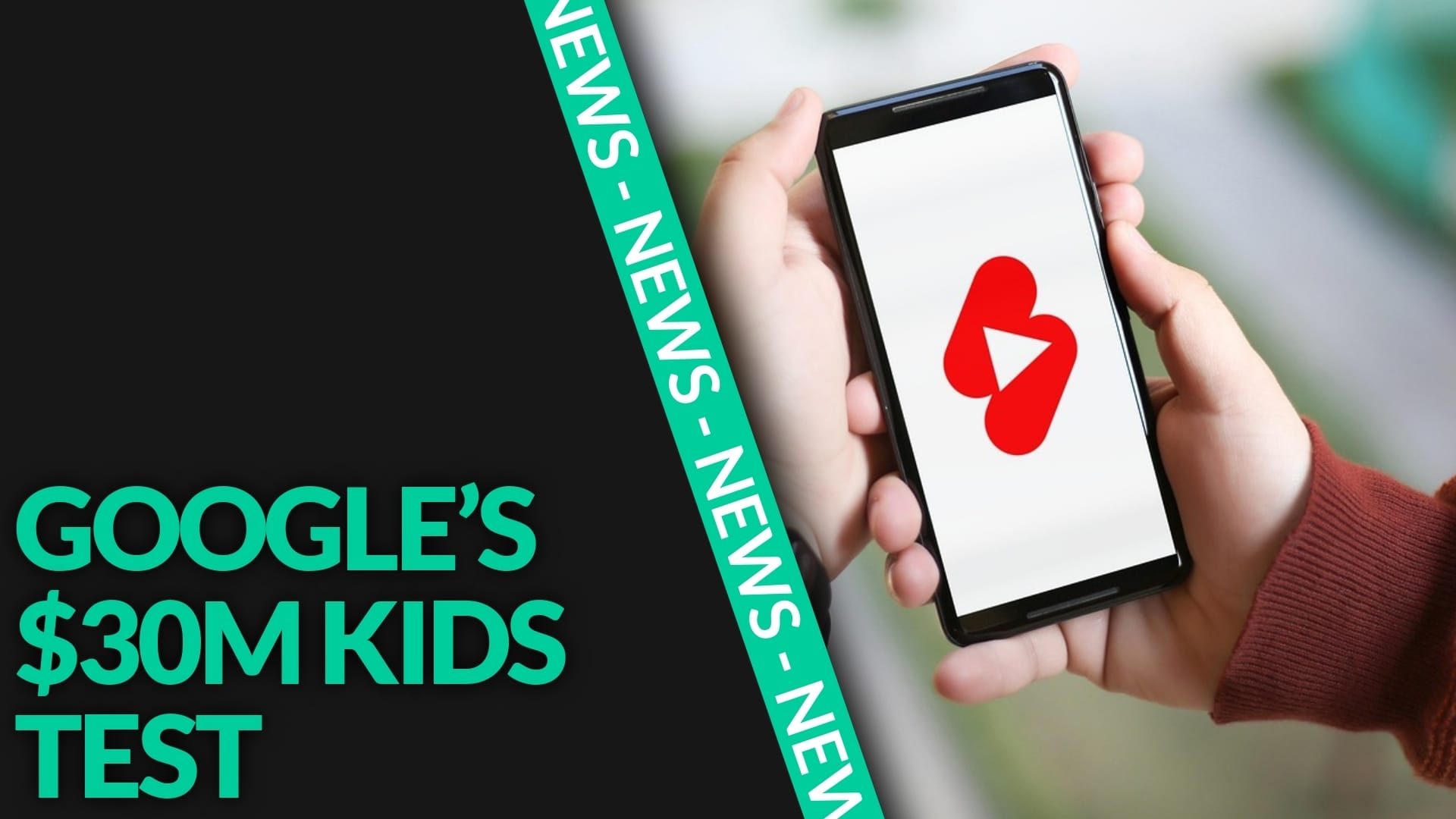
In a move that seems almost predictable, Google has agreed to settle a lawsuit concerning its controversial practices around children’s privacy on YouTube, shelling out a hefty $30 million. This settlement comes in the wake of allegations that Google illegally collected data from minors under the age of 13, all without requisite parental consent—a clear violation of the Children’s Online Privacy Protection Act (COPPA). While Google maintains that it did nothing wrong, opting for a settlement has become an all-too-familiar response to privacy-related accusations against the tech giant.
This latest legal battle echoes a previous $170 million settlement with the Federal Trade Commission in 2019, where Google faced similar accusations for collecting data without parental approval. Despite that agreement, plaintiffs in the current case argue that Google’s practices continued unchecked, placing children’s privacy in jeopardy for years to follow.
One cannot help but question Google’s intentions, especially in light of its recent efforts to use artificial intelligence to monitor users under 18. Instead of simply asking users to verify their age, YouTube now analyzes viewing history and search patterns to infer a user’s age. While this may sound like a technological innovation aimed at protecting children, many are skeptical about whether this will truly prevent another lawsuit in the future or simply create another layer of data collection under the guise of compliance.
The settlement applies to American children under 13 who accessed YouTube content between July 2013 and April 2020, with estimates suggesting that between 35 to 45 million youngsters may be eligible for compensation. However, given Google’s colossal revenue of $384 billion in 2024, the financial impact of this $30 million settlement is minimal—which raises the unsettling question of whether Google views privacy laws as more of a speed bump than a real obstacle.
The actual payouts from the settlement are likely to be modest, with claims projected to yield between $10 to $60 for eligible claimants. This serves as yet another reminder of the inadequacy of measures currently in place to safeguard children’s privacy online. With participation rates in class-action suits averaging 1% to 10%, it’s anticipated that only a few hundred thousand will make successful claims, leaving many affected families without recompense.
For concerned parents, it’s crucial to take steps to protect children’s privacy online. This includes regularly reviewing device privacy settings, disabling personalized ad tracking, and engaging with children about their digital habits instead of implementing blanket bans. Knowledge is power, and maintaining an interest in what your kids are doing online can make a world of difference.
As we navigate an increasingly digital landscape, the question remains: will major tech companies like Google ever accept full accountability and prioritize the well-being of their young users over profit margins? The recent lawsuit is a stark reminder that vigilance and awareness are essential in safeguarding our children’s interests in this ever-evolving online world.















